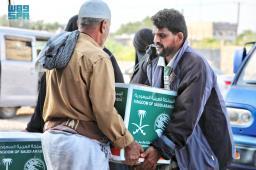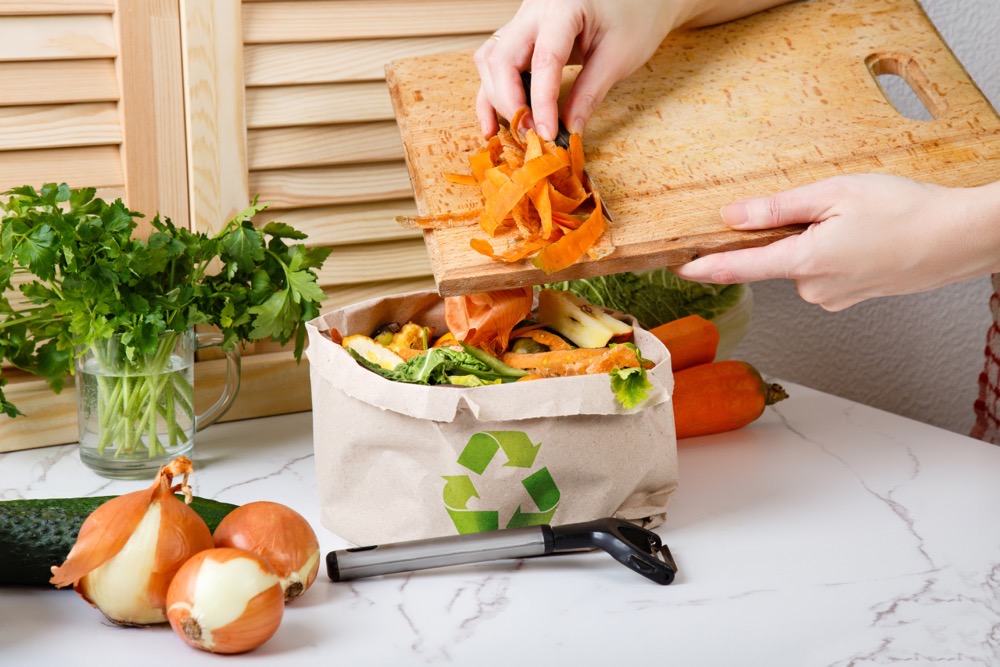JEDDAH: Albert Einstein, Stephen Hawking, Leonardo da Vinci, Pablo Picasso, Mohammed Ali, George Washington, and Steve Jobs gifted the world with ideas and talent that made tremendous contributions to mankind. They also had something else in common — dyslexia.
Dyslexia is a learning difficulty that primarily affects the skills involved in accurate and fluent word reading and spelling. It is characterized by difficulties in phonological awareness, verbal memory and verbal processing speed.
Despite these challenges, dyslexics have excellent thinking skills in the areas of conceptualization, reason, imagination, and abstraction. According to renowned speech language pathologist and dyslexia specialist Devon Barnes, most people with the learning difficulty have average or above average intelligence at least.
In 2016, Mohammad Bahareth gave a TEDx speech in Jeddah. He was onstage, before 3,000 people, and talking about his learning disability. One he had hidden all his life.
Despite his fear of public speaking, he did it anyway. “Talking in front of 3,000 people, saying that I have a disability called dyslexia which nobody knew before, was a very liberating experience,” he told Arab News.
Bahareth (@mbahareth) is a bestselling author and dyslexia advocate. Born and raised in Jeddah, he is an accomplished entrepreneur and startup consultant.
He has become known in the Kingdom for his initiatives to raise public awareness about dyslexia, aiming to help others like him.
There was a book in Arabic about all the techniques and tools he used or tried over the years to overcome and manage daily dyslexia-related difficulties.
He gave lectures and TV interviews to raise awareness and launched dyslexia.sa to help Arab speakers better understand the condition. He collaborated with international and local foundations, specialists and parents.
Bahareth works to make trusted information and tools available on his website to help those with dyslexia improve their quality of life.
He wants to give dyslexics a better world by spreading public awareness, erasing misconceptions, and calling on government bodies to ensure people with dyslexia are given their rights.
A major reason behind this eagerness to make a change is his personal experience and the challenges that he faced. There was a lack of support and lack of recognition from authorities of dyslexia as a disability.
“We are unable to get legal and proper disability documentation from the Ministry of Human Resources and Social Development, which is the government entity for issuing these documents,” he said.
The condition was usually underestimated as a disability because it lacked a physical aspect, leading to accusations he was seeking sympathy.
But public pity and sympathy is not what Bahareth wants. His end goal is to establish a specialist association in Saudi Arabia that can adequately diagnose and assist dyslexics.
Every person’s condition was different, said Bahareth. Some people were able to manage it, while others like himself had severe symptoms like involuntary compulsions and organ dysfunction due to the instability of electricity between both brain hemispheres.
The brain functions differently in dyslexics, so there needs to be better understanding in their educational and workplace environment to improve and support their performance, as well as allowing them to develop their strengths.
“You can get 300 percent more productivity from a person with dyslexia if you know how to manage him right. People with dyslexia usually use one side of the brain more than the other, so they are primarily creative and are not suitable for administrative work. Just imagine what people with dyslexia can do if they got the support they needed. We put about 600 times the effort needed to function as normal people do.”
The condition is regarded as neurobiological and genetic in origin, which means it is passed down in the genes and can run in families.
Bahareth was certain there were more dyslexic people in Saudi Arabia than many other countries in the world.
“We have a high rate of marriage within relatives, so this would result in a higher percentage than other countries.”
Dyslexia is absent from official statistics and reports related to learning disabilities and other disabilities because it is not officially recognized as a one yet.
He urged authorities to facilitate an integrated support system for dyslexics starting with recognizing the disability, which would help ensure they received the proper support in public places, the right treatment in educational institutions and the workplace, as well as legal and health protection.
He was disappointed with the current levels of awareness about dyslexia.
“We will raise awareness so that every parent knows how to deal with this disability and function with the best tools, devices, and techniques known to humanity.”
I will do my best to reach this goal during my lifetime and ensure it will continue after my death.”
Saudi Arabia has seen developments in disability care laws in recent years. It guarantees that people with disabilities can obtain suitable employment opportunities and education, ensuring their independence and integration in society.
But Bahareth said people with dyslexia were still waiting for authorities to pay attention to their demands and needs.
“The Ministry of Human Resources and Social Development did not classify dyslexia as a disability, which is counterproductive and blocking all legal rights for people with dyslexia.”
This lack of recognition prevents dyslexics from getting special discounts and priorities in certain conditions, as well as insurance and support for special tools and utilities, assistance in airports, police stations, the courts, and other places.
“Nobody knows what we need to function or how to assist us. Many doctors here are confused about it. Some are classifying it under the psychology department, which is outdated. It should be organized with neurologists as it should be, like all other countries starting to realize that it is a neurological condition, with assistance from speech specialists when needed.”
Bahareth thanked the Saudi Food and Drug Authority for allowing dyslexia medication to be sold in the Kingdom. “Their response was fast and diligent. This has helped me and many others, and this is my hope that the support will increase for all people with dyslexia.”
Despite his many books in different fields and his busy career, Barareth is usually associated with dyslexia. But this association is not a problem for him.
“I am proud to be an advocate for dyslexia in Saudi Arabia. Within a few years, every person with dyslexia in Saudi Arabia will be proud that he has it. I know in my heart that people with dyslexia will give back to their country more than anyone. The next Saudi Einstein is born with dyslexia, and he might be an infant today, but I hope that I will be the person to guide him to change the world.”


































